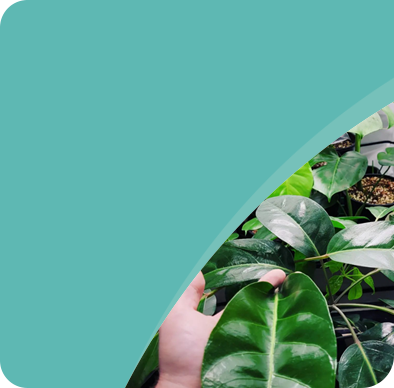This tutorial is provided by Hy-Gen's Founder and Chemist, Sandro.
Optimizing the growth of your plants, and finding the correct nutrient level is essential.
HY-GEN Australia, have developed a selection of nutrient-rich hydroponic solutions that will aid the growth of your plants, with many of them taking into consideration the effects of calcium deficiency in your garden.
Calcium-rich products that eliminate the harmful effects of calcium deficiency play an important role in ensuring your garden thrives. Here, we look at just how important calcium is in the growing process.
How Does Calcium Actively Improve Plant Growth?
In a nutshell, calcium is responsible for maintaining strong cell structure and vigor. High calcium levels are vital during the late growth stage, as additional calcium will ensure a higher number of flowers are produced and retained by the plant. This is particularly important if you want those flowers to transition into the fruiting stage.
Calcium also plays a critical metabolic role in the removal of carbohydrates, while also neutralizing cell acids.
Some other benefits include:
- Promotes plant cell elongation
- Strengthens the structure of the cell wall through the formation of calcium pectate compounds.
- This will bind cells together and give stability to the cell walls.
- In doing this, calcium will protect the plant against diseases, as stronger cell walls will make it harder for fungi and bacteria to break through
- Assists with hormonal and enzymatic processes
- Improves fruit quality
As you can see, calcium is an essential part of the growing process, and when you’re growing your plants without soil, ensuring your plants have access to all of their essential nutrients is even more important.
What Happens When Plants Become Calcium Deficient?
Calcium deficiencies in plants are usually a result of low calcium availability, or water stress that lowers transpiration rates.
You can usually tell if a plant has become deficient in calcium if young leaves start to curl or have spots appear on them. Stunted growth, leaf tip burns and aborted flowers or damaged fruit are other signs that your plant isn’t getting enough calcium.
Another variable to consider when observing a calcium deficiency is pH. If the pH of your nutrient solution is not in the desired range, then calcium can become unavailable to the plant, always ensure to check & correct pH.




